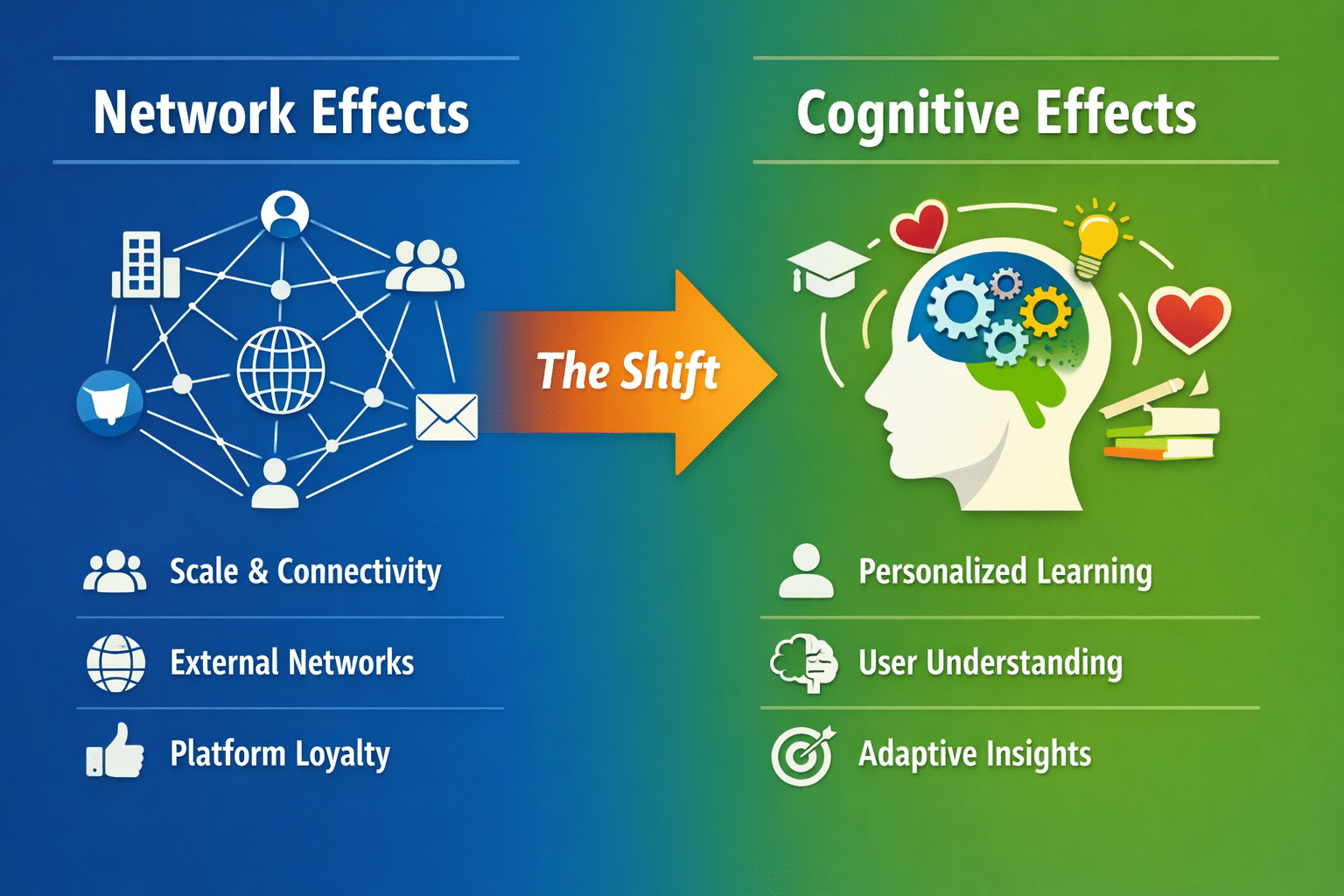
Ask any ambitious business and they’ll tell you the growth and development of their workforce is their number-one priority. The savvy business owner knows that by investing in the education of their employees, the organization as a whole prospers.

In which case, why aren’t more employers taking the necessary steps to leverage the potential of their employees? Why is it that even now, businesses are passing up the incredible benefits of Massive Open Online Course (MOOC) training and development opportunities?
Disappointing Disproportionate Adoption
The above is far from a pessimistic presumption. According to the results of a recent survey conducted by a leading human resources consulting firm, more than a third of all employees said that they hadn’t received any formal training from their employers within the past year.
For the most part, employers seem to be leaving it entirely up to their workers to take care of their own training and development; which is largely nonsensical from a career management perspective, given how it is ultimately the business that stands to benefit from the enhanced knowledge and capabilities of its employees.
The Benefits of Using MOOCs for Corporate Training
Evidence suggests that for the most part, reluctance to leverage the benefits of MOOCs among employers is rooted primarily in a lack of understanding. They’re simply unaware of how advantageous MOOCs can be, as opposed to simply ignoring the potential benefits and refusing to fund them.
Here are just a few of the benefits those not currently providing (and encouraging) access to MOOCs may be denying themselves and their organizations:
1. The ability to train on a 24/7 basis
Scheduling training for viable and convenient times to suit all employees can be difficult, if not impossible. One of the biggest benefits of MOOCs is the way in which they can be accessed from any location and at any time on a 24/7 basis. This provides employers and employees with limitless flexibility and the freedom to train when and where suits their schedule. It also opens the door to off-site training and development, enabling workers to study outside company time, if preferred.
2. Significantly lower training costs
Across the board, MOOCs tend to be exponentially more cost-effective than traditional approaches to training and development. The fees attached to such courses are so much lower than those of conventional classroom training, coupled with the benefits of no additional costs or overheads incurred. It’s estimated that training and development costs can be reduced by anything from 50% to as much as 75%, simply by making the switch to MOOCs.
3. Improved loyalty and retention rates
It’s been proven time and time again that when a business demonstrates interest in the growth and development of its workforce, it nurtures employee satisfaction and loyalty. MOOCs in particular can be a useful tool for improving retention rate, given how they provide employees with the freedom to train and study with greater flexibility. MOOCs have a much more personal and potentially beneficial ‘feel’ than stuffy and formal classroom training.
4. Regular updates and additions
The very best MOOCs are updated and refreshed on a near-continuous basis, enabling those taking them to stay up to date with the latest skills, knowledge and insights of relevance in their field. One of the biggest mistakes made by many (if not most) employers is utilizing the same training and educational materials indefinitely. Irrespective of the industry or sector, the importance of regular updates for the benefit of the business and its workforce cannot be overstated.
5. Enhanced reporting and tracking
Last but not least, MOOCs provide the employer with the opportunity to identify and leverage exceptional talent where it exists within the workforce. Coupled with a premium LMS, MOOCs provide quick and easy access to key analytics. Advanced reporting and tracking features can also be used to identify those who are underperforming and may benefit from further assistance. MOOCs offer an invaluable snapshot into the performance and progress of every member of the workforce taking part; something that cannot be said for the vast majority of traditional approaches to employee training and development.


